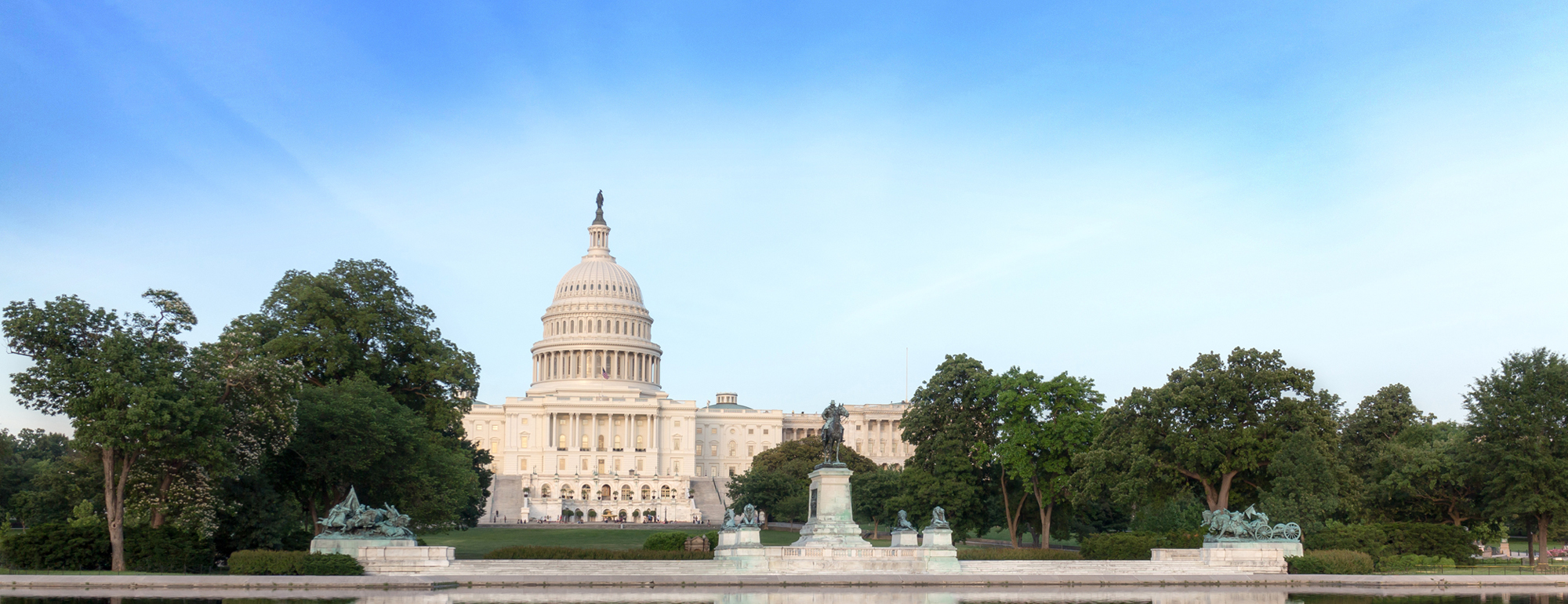
PRIORITIES
Oral Health Kansas’ Advocacy Committee develops the organization’s Public Policy Priorities annually. The Advocacy Committee is made up of Board and non-Board members. The Advocacy Committee meets weekly during the legislative session and assists staff in forming advocacy strategies. Once identified, the Board of Directors ratifies the Public Policy Priorities, usually in December each year, in advance of the legislative session’s opening in January. This document guides OHK’s lobbying efforts and assists the organization in setting staffing priorities during the busy legislative session.
The priorities reflect the fact that Oral Health Kansas is the statewide advocacy organization dedicated to promoting the importance of lifelong dental health by shaping policy and educating the public so Kansans know that all mouths matter. The priority areas are intentionally broad and far-reaching, and are intended to allow staff and Advocacy Committee members to work on a variety of topics within the broad goals, depending on what the legislative session holds. The priorities are also written to be as inclusive of our valued partners as possible. For some priorities, it is appropriate for Oral Health Kansas to lead the lobbying effort. On others, OHK takes a partnership position and works closely with another lead organization.
2026 Oral Health Kansas Public Policy Priorities
Specific Initiative or Legislation:
Reduce financial barriers associated with professional dental care. Full dental benefits for all Medicaid enrollees are a priority..
Level of Support:
Partner and take the lead.
- Advocate to increase the Medicaid dental rates to be consistent with commercial rates.
- Ensure the hospital sedation dental care code G0330 remains competitively priced and applies to both hospitals and Ambulatory Surgical Centers.
- Advocate with Congressional delegation for a comprehensive Medicare dental benefit, Medicaid adult dental benefits, and dental benefits for veterans.
- Encourage elimination of administrative barriers for dental providers participating in KanCare.
- Promote KanCare expansion.
Specific Initiative or Legislation:
Ensure that all Kansans have access to comprehensive oral health care. Address policies and practices that would restrict or impact the ability of residents to access oral health care.
Level of Support:
Support and advocate. Take the lead when appropriate.
- Support initiatives to increase access to oral healthcare providers.
- Target populations include children, people with disabilities, and elderly adults
- Encourage expansion of oral health data collection and reporting under KanCare
- Actively engage the Managed Care Organizations in keeping accurate lists of their provider networks, increasing their dental provider network and exploring incentive programs.
- Improve access to sedation dental care for people with disabilities, including by advocating that accurate lists of sedation dental providers be tracked and published by the KanCare program and Managed Care Organizations.
- Lead Dental Medicaid Facilitator campaign to reduce oral health disparities by encouraging dental offices to treat children and adults with disabilities.
Specific Initiative or Legislation:
Engage in activities to increase the oral health of all Kansans using evidence-based public health strategies.
Level of Support:
Support and advocate. Take the lead when appropriate.
- Preserve existing community water fluoridation in Kansas.
- Support policies to reduce exposure to and harm from cigarettes, tobacco products and electronic cigarettes.
- Encourage all early childhood organizations and agencies to align their policies by requiring dental visits by age one.
Note: All bolded initiatives are those on which Oral Health Kansas plans to lead advocacy efforts.
2026 Oral Health Kansas Public Policy Priorities (printable PDF)
See our 2025 Accomplishments along with our 2026 Public Policy Priorities

